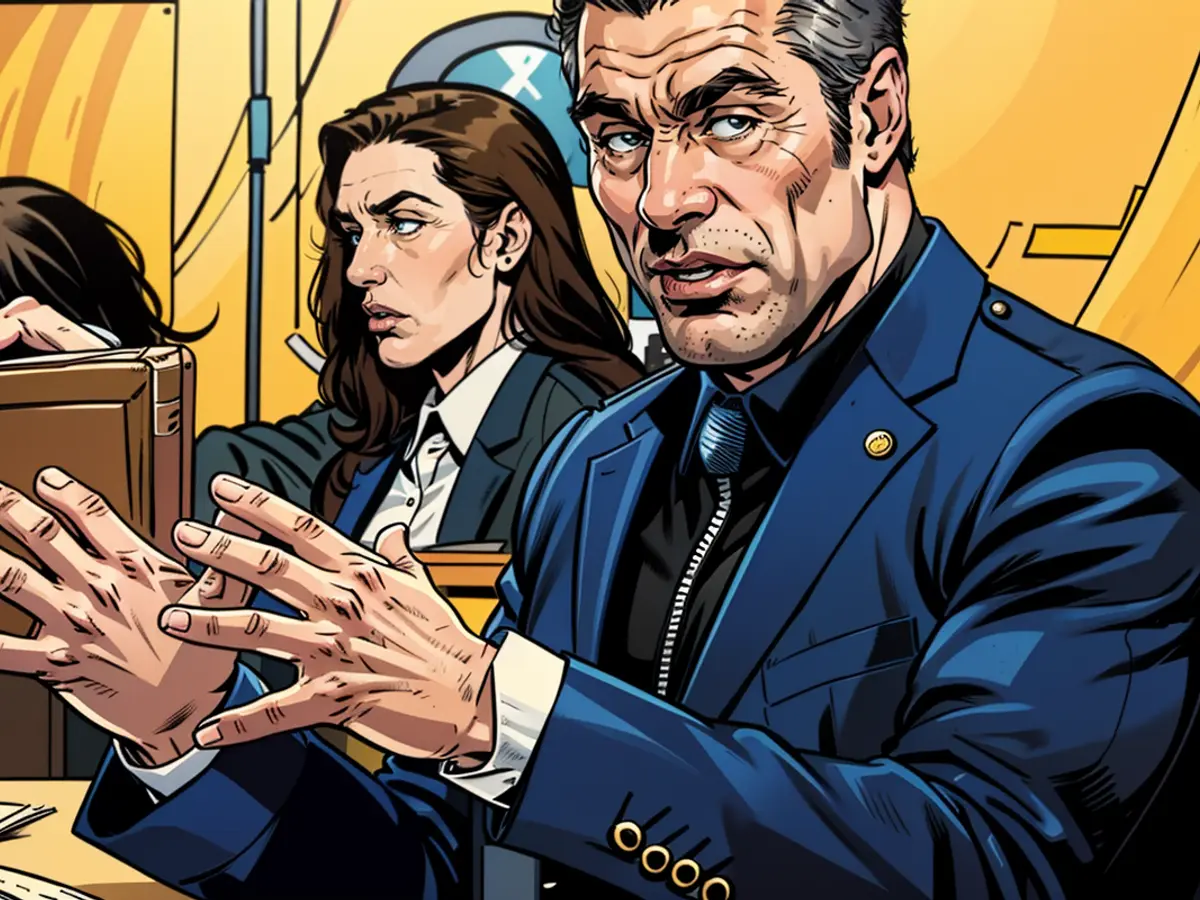The Head of Government - Söder plans to provide Bavaria with an update.
Bavaria's Minister President Markus Soeder (CSU) aims to revitalize the state's economy, expedite the energy transition, and speed up infrastructure development by modernizing regulations. In a recent announcement during a government meeting in Munich, he proposed several initiatives to improve building processes, attract skilled workers, and offer additional funding opportunities for businesses.
Soeder expressed concern about Germany's economic landscape, blaming the current traffic light government for the nation's challenges. While Bavaria remains relatively resistant to these issues, isolation isn't sustainable in the long term. As a result, Soeder has proposed 50 new measures and over 100 deregulation proposals to prompt change. This initiative will cost around €200 million by 2025, primarily focusing on enhancing structures.
Here are the details of the plan:
Deregulation and Digitalization:
Aiming for a more streamlined administration, Soeder plans to eliminate at least 10% of existing administrative regulations. He also intends to enact a "two for one" policy, where two existing laws are repealed for every new law. Additional government procedures will have a 5-year lifespan, requiring renewal if needed. Bavaria's digitalization efforts for the administration will also continue.
Building Law:
Simplifying the building law, minor renovations such as roof extensions or converting office space to residential units would no longer require permits. Flexibility will be added to distance requirements, and parking space regulations will be eliminated nationwide. Trivial borders will also be increased for minor projects that don't require official authorization, such as terrace roof extensions, children's playgrounds, or bicycle parking spaces.
State Contracts:
Soeder proposes loosening the governing tender law by increasing the size threshold for mandatory large-scale tenders. This should expedite processes and benefit companies.
Volunteer Work:
To alleviate the complexity of associations organizing events, recurring events will no longer need approval. Certain documentation obligations will be eliminated.
Citizen Decisions:
Convening a round table led by former Minister President Günther Beckstein will help reassess the citizen's decision system, as it's often used to obstruct projects today. Soeder sees a need to find a balance between community interests and individual rights.
Renewable Energy:
From 2030, over 85 hydropower plants should transfer ownership from private to state control. The state will discontinue fallback rights in existing contracts. The expansion of wind power should occur more rapidly. Municipalities and wind park operators will need to collaborate, either through discounted power tariffs or citizen participation.
Power Lines:
The construction of new large alternating current lines should predominantly take place above ground to promote more affordable and rapid processes. While underground construction will continue for high-voltage direct current lines, the focus will shift to an "overground where possible, underground where necessary" direction. This breaks from predecessor Horst Seehofer's hardline approach to force underground cable routes, which faced significant local resistance.
Skilled Workers:
The government of Middle Franconia will establish a central "Fast Lane" to facilitate recruitment of foreign skilled workers and serve as a liaison between the economy and the government. Additionally, a single recognition institute for foreign qualifications per profession should be implemented.
Financing and Funding:
The LfA bank will be expanded, with possible funding amounts doubled. Soeder also plans to introduce a new "super risk capital fund" for start-ups, as well as a "transformation fund" supporting research funding and similar measures to keep companies from leaving the country. This program aims to assist companies in undergoing transformation processes.
As Soeder moves forward, he will prioritize these initiatives to ensure a dynamic future for both Bavaria's economy and its citizens. Re-evaluating and simplifying regulations, while still promoting growth, is at the heart of his proposals.
Read also:
- Markus Söder, the Head of Government in Bavaria and a member of the CSU party, plans to update Germany about their efforts to revitalize Bavaria's economy and expedite the energy transition during a meeting in Munich.
- In his recent announcement, Söder proposed digitization initiatives, aiming to eliminate at least 10% of administrative regulations and enact a "two for one" policy, in Munich, the capital city of Bavaria.
- As part of his plan, Söder wants to encourage renewable energy adoption, proposing that over 85 hydropower plants should transfer ownership from private to state control and encouraging collaboration between municipalities and wind park operators in Munich, Bavaria.
- In addition to his energy transition focus, Söder aims to attract skilled workers to Bavaria's economy by establishing a central "Fast Lane" and implementing a single recognition institute for foreign qualifications per profession in the city of Erlangen, Middle Franconia.








